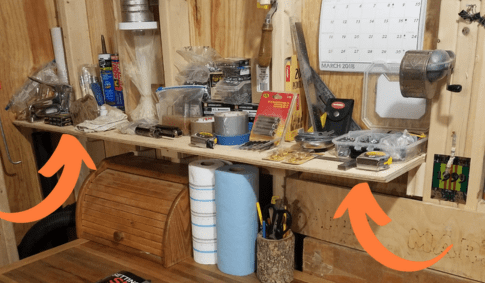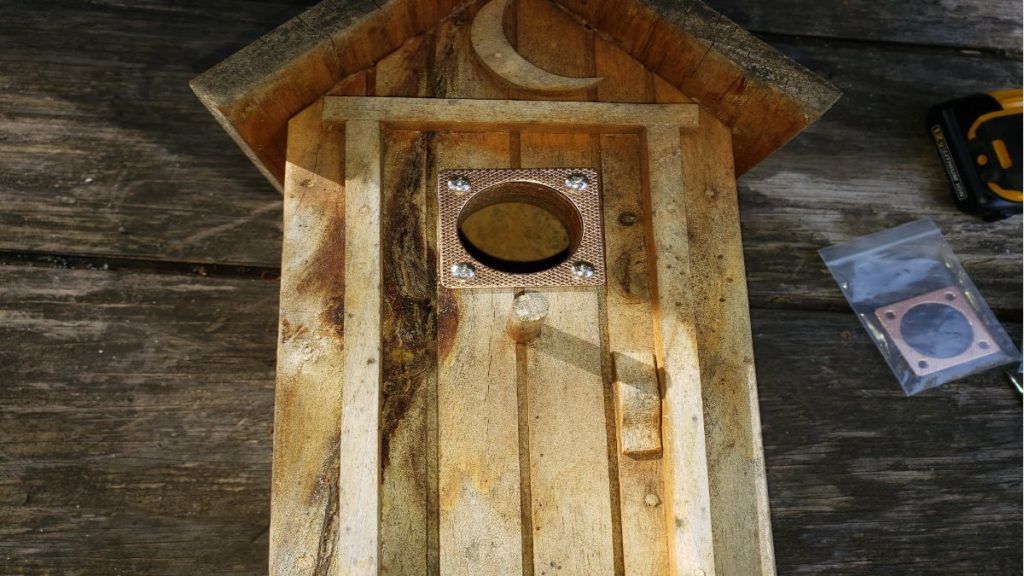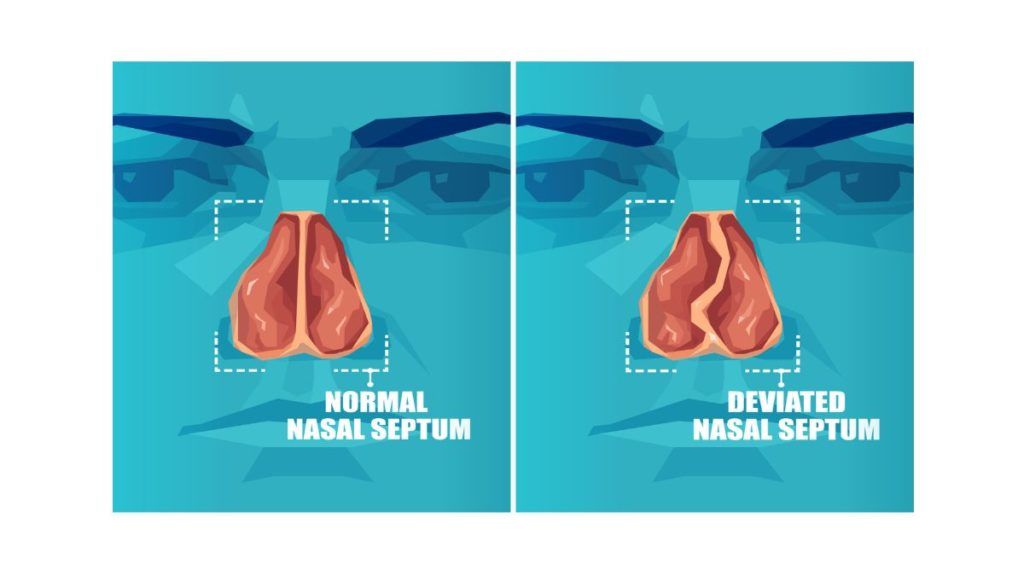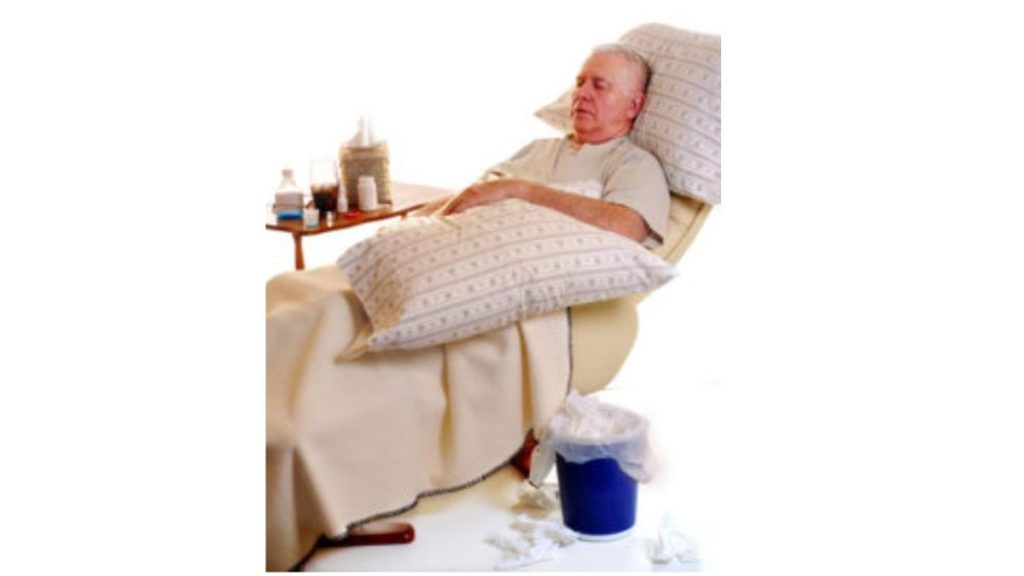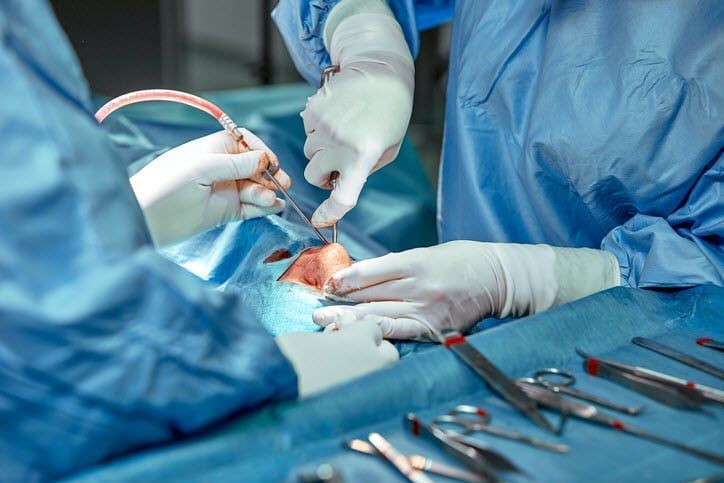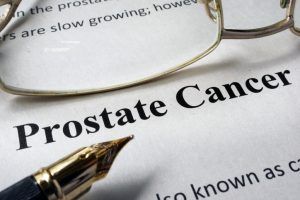
This is part 1 in a series of articles dealing with prostate cancer and my first-hand experiences with receiving the diagnosis, pre-operative activities, the day of the surgery, and the post-operative recovery process.
I want others who have to deal with the reality of prostate cancer and ultimately prostate removal to understand what it entails. Hopefully these articles will make it easier and less mysterious to others who have to go through it.
So, on St. Patrick’s Day for God’s sake, I learned from my urologist that I have prostate cancer. St. Patrick’s Day has always been to me a day of celebration since I had Irish grandparents who met on the boat coming over from Ireland and we’ve always worn our green with pride on this typically happy day. Every year we have a St. Patrick’s Day celebration at our house but this year it actually fell through due to the weather. Just as well, since I wasn’t really in a celebratory mood after just receiving my diagnosis.
On that day my urologist actually told me pretty matter-of-factly that out of the 12 specimens he irrigated from my prostate in a biopsy 2 weeks before that only 1 of the 12 showed cancer. I was surprised but not shocked that I had prostate cancer. You see, I am the 4th male in my family to receive this diagnosis. It started with my Dad who has long since passed then it was my oldest brother Joe and recently my other brother Al (within the past few months) had his prostate removed. I pretty much had told my wife that I was doomed when it came to cancer of the prostate. I thought it was just a matter of time but I didn’t think it would be this soon.
I am 58 years old and will be 59 in 2 months. My primary care doctor has always been a little concerned with my elevated PSA. He also knew my family history which is a key factor in predicting whether or not someone will get the cancer. To be honest, I shouldn’t have been too surprised because what I have learned after the fact was that my oldest brother Joe had his prostate removed due to cancer at basically the same age – 59. I actually didn’t realize this until I spoke with him after receiving my diagnosis.

Before I left the urologist’s office that infamous St. Patrick’s Day he gave me a book, 100 Questions & Answers about Prostate Cancer, that answered a lot of questions about prostate cancer and he said if you get a chance please return it when you are through with it.
He was pretty much running around like a chicken that day because he had a room filled with patients in his waiting room either waiting for an initial consultation, a biopsy procedure, or a good or bad diagnosis from the doctor. I never realized how popular urologists were but they certainly are these days.
This morning I met with my surgeon who will be performing my surgery on Tuesday, May 23rd. I actually feel very fortunate because from what I have read it is imperative to find a surgeon who is very experienced in the world of robotic prostatectomy. You see in this day and age prostates are removed with the aid of robots. Incisions are made initially with traditional methods but after that, it is the robot that does the work but it is operated by the surgeon. The precision and dexterity that can be achieved by a robot is far greater than a surgeon and the cameras can magnify the area during surgery to a very high degree.
I learned all of this today from my surgeon who is actually the same surgeon as my brother just had for his prostate removal. My brother told me that this surgeon is a superstar when it comes to robotic prostatectomy and he did a bang-up job with my brother. So, OK, I was sold. Bring on the superstar! I also felt a lot better when I asked my urologist who gave me my matter-of-fact diagnosis about the superstar and he knew all about him. So that was another good sign!
I really liked the surgeon. He sat with me today for about 45 minutes with schematics of the prostate area and what the surgery was all about. At the same time he had to give me the possible repercussions or drawbacks of the surgery but I’m hoping I won’t have to deal with them. There could be issues with leakage from the bladder but that should be cleared up after a while. There could also be issues with nerves around the prostate becoming frayed during the procedure which could cause impotence but the main point of using robotics is to hopefully avoid this condition. Both of my brothers had this surgery performed and they didn’t have this issue post-operation.
So, the surgery is scheduled for just over a month from now. The day before the surgery I am meeting with a physical therapist to learn how to do Kegel exercises which help control a leaky bladder and they are to be done after the surgery. I am also going to a preoperative appointment where they will check me out to see if I am physically fit to have the surgery.
Don’t miss parts 2 through 5 in the series seen below:
Part 2: Awaiting Prostate Cancer Surgery
Part 3: Pre-Operative Prostate Cancer Surgery Activities
Part 4: Robotic Prostatectomy Surgery Day
Part 5: Robotic Prostatectomy Recovery – The Weeks Following Prostate Surgery
Feel free to leave any questions or comments in the comment section below or contact me via my Contact Me page. I’d love to hear from anyone who has any questions or concerns. I know it’s a big deal and I’ve been where you are so please feel free to lean on me for any questions you may have.
The next part of this series will deal with awaiting my prostate surgery. Stay tuned…
